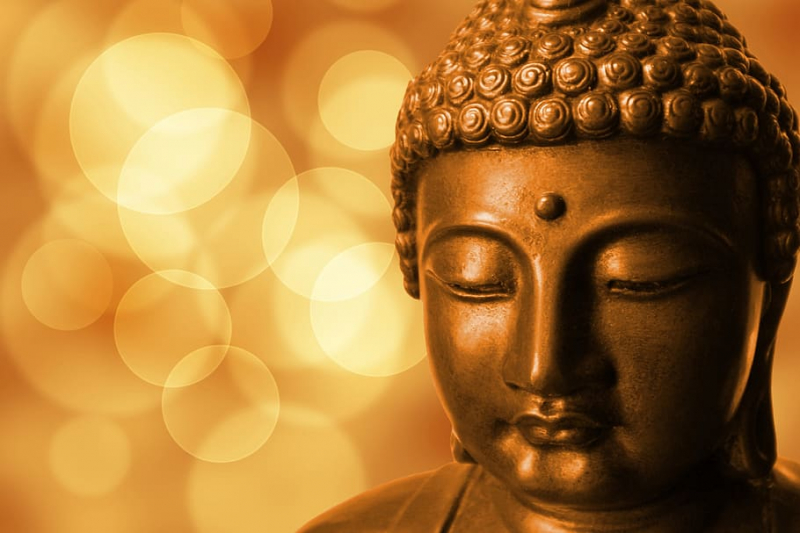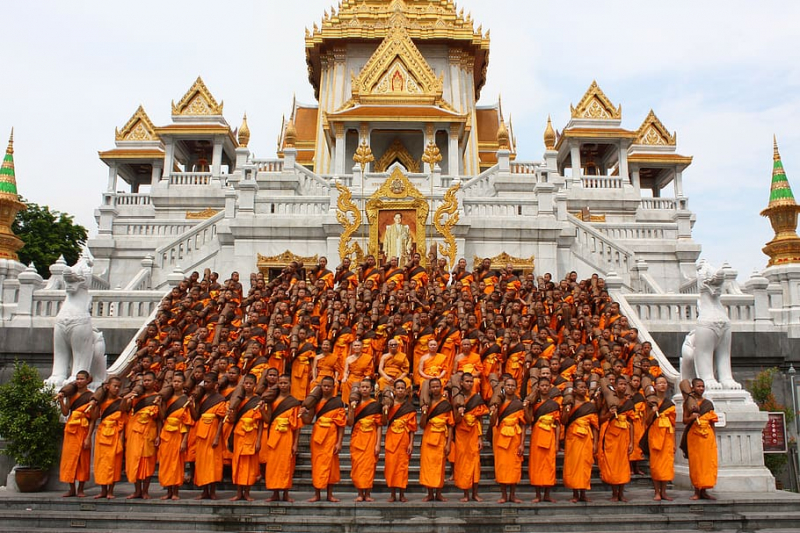Do Buddhists think that we are all one?
The belief that "all is one" is commonly associated with Buddhism, but this perception is not entirely accurate. The Dalai Lama's confusion over the joke "Make me one with everything" highlights the misconception. While some consider Buddhism as a form of monism, which suggests that everything originates from a single source, a closer examination of Buddhist teachings reveals a different perspective.
Buddhist doctrine emphasizes dependent origination or dependent co-arising, stating that all phenomena, including beings, are interconnected in a vast web of dependencies. However, this interconnectedness does not imply a complete merging of all things into a singular entity. Individuals remain responsible for their actions, and their existence is conditioned by other factors.
Mahayana Buddhism introduces the concept of the "two truths" within the doctrine of Madhyamaka, the "middle way." According to this view, existence is both relative and absolute. While phenomena exhibit distinctiveness in everyday reality, they are indistinguishable in absolute reality. Both relative and absolute truths coexist and hold equal validity.
Buddhist practice indeed encourages letting go of self-centered views and embracing empathy and compassion for others. Individuals may be encouraged to "be one with" others, but this does not negate their individuality. Instead, it promotes a sense of interconnectedness among individuals without erasing their unique identities.












